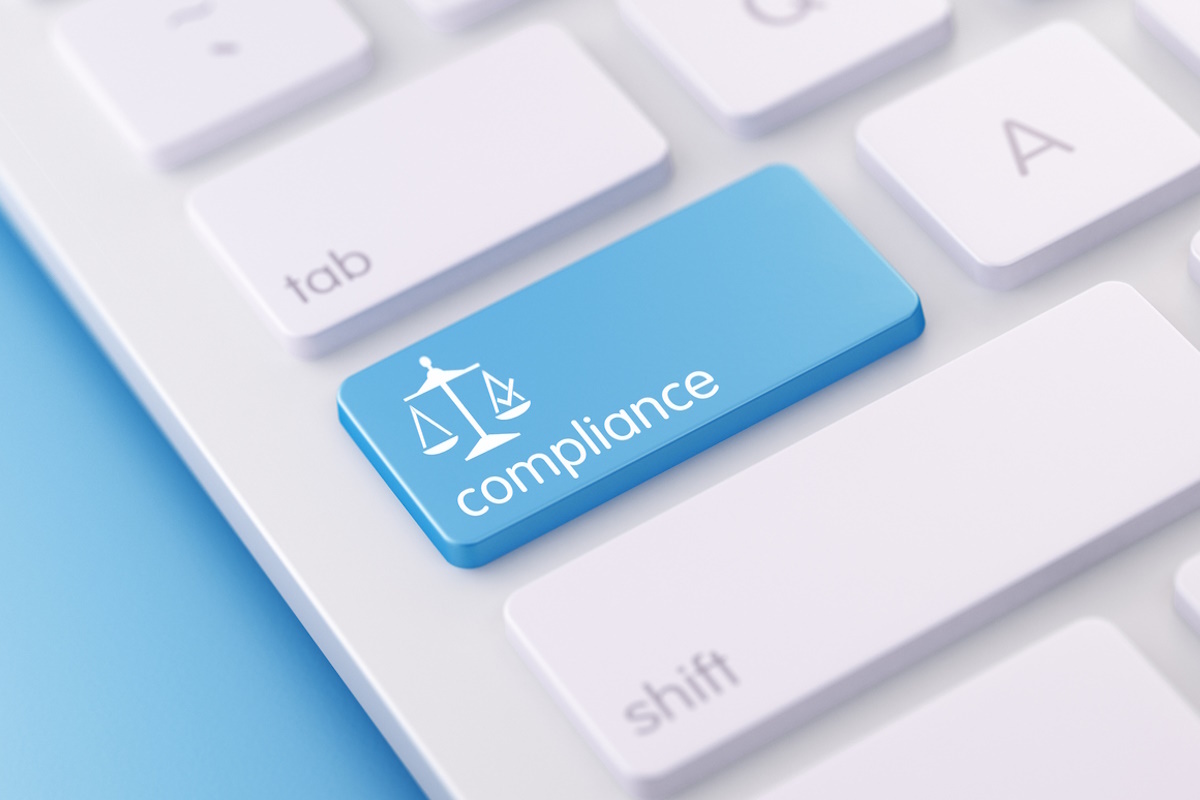Economic Crime and Corporate Transparency Act

Anna-Lisa Brandini at Menzies LLP outlines what business leaders need to know about the new ECCTA and how to ensure that future activity and output keeps within this new law
The Economic Crime and Corporate Transparency Act (ECCTA) received royal assent late last month, outlining the new, robust laws given to Companies House to tackle corruption and fraudulent economic activities, while improving corporate transparency to strengthen the UK’s business environment.
The bill is part of the UK Government’s wider economic crime plan, which was detailed earlier this year, and is expected to crack down on foreign criminal activity in the UK market.
With these new regulatory changes, businesses should be prepared to meet the new requirements laid out in the ECCTA, some of which require little modification, whilst others could have major implications if not enforced.
Some of these changes are expected to come into force in 2024 but taking the time to understand and reflect on these new requirements, and what they mean, is very important for UK businesses right now.
For leaders looking for a starting point, we have outlined the changes most relevant to businesses, and the steps to take to ensure future activity and output is within the laws laid out in the ECCTA.
Company House reforms
New powers to check on, remove or reject companies. Representing the agency’s “biggest shakeup” in its 180-year history, the bill is set to provide Companies House with authority to act, adding new layers of scrutiny over companies operating in the UK. This includes increased enforcement powers to verify the identities of company directors and the power to remove registered organisations suspected of fraudulent activities.
Companies House will also proactively share data with law enforcement bodies such as HM Revenue & Customs (HMRC), Land Registry and other published authorities with sufficient evidence on company misbehaviour.
To avoid prosecution under the new requirements, businesses should ensure the registered office has a proper address that is not a PO Box, and all companies must provide a registered email address. When incorporating, companies must confirm they’re forming for lawful purposes, indicating their intentions of engaging only in legal and legitimate activities. Any potential issues with the information shared should include annotations within the register.
Corporate transparency
New measures for identify verification and public availability of corporate information. Alongside this new authority granted to Companies House, is the introduction of identity verification within businesses. This requirement extends to all new and existing company directors, those in equivalent roles in other businesses, Persons of Signification Control (PSCs), and anyone filing on behalf of companies, such as the agents.
Companies House will be able to request evidence from companies, and companies found operating with unverified directors or PSCs may be liable for criminal offense, which may lead to penalties.
While the implementation of this bill will be delayed, and further developments are anticipated, companies should still initiate a review of their verification processes whether individually or through an agent.
Another key part of the bill to enhance corporate transparency is making dissolved company records available for access when required. Dissolved company records will remain available to access for 20 years from dissolution, and dissolved records since 2010 will be made available.
In tandem with this the need for verification and availability of company records, additional controls have been introduced to safeguards of personal information stored on the register. These include measures such as professional signatures on historical documents, register of directors’ addresses and register secretaries, to protect individuals from fraud and other illegal activities.
Company accounts reforms
Further reforms have been introduced to company’s accounts on Companies House, focusing on the way information is filed. Under the new rules, small companies will be required to file audited annual accounts, including balance sheet and profit and loss and directors report, unless they benefit from an audit exemption. Micro-entities will be required to file accounts including balance sheet and profit and loss and may choose to file a director’s report.
These accounts will need to be digitally submitted to Companies House in time with full tagging of financial information in iXBRL format. The government will also reduce the number of times a company can shorten its Account Reference Period to once every five years. Those currently filing their annual accounts in paper format or through web-based services are encouraged to transition to e-filing.
The required action for businesses here would be to make sure that information is forwarded in time to accountants or auditors allowing for accounts to be filed within the 9 months period given in order to avoid late filing penalties.
Preparing for the future
The Economic Crime and Corporate Transparency Bill is set to introduce new, regulatory changes that must be adhered to by companies in the UK. While parts of the Act deal with wider aspects of economic crime, including enforcement over crypto-assets, money laundering and failure to prevent fraud, businesses in the UK should still be prepared to meet these requirements to avoid prosecution.
What remains clear is that businesses must ensure that all information relating to the company must be up-to-date and accurate, as well as ensuring all existing fraud controls are mapped and maintained by directors and PSCs.
Companies House will undoubtedly exercise its right to enforce strict penalties for economic crimes committed within businesses. The new “failure to prevent” model, which places a heightened burden on firms, means having in place the correct measures and programmes to ensure these procedures are regulated often will be crucial moving forwards.
Anna-Lisa Brandini is Company Secretarial Senior Manager at Menzies LLP
Main image courtesy of iStockPhoto.com

Business Reporter Team
You may also like
Related Articles
Most Viewed
Winston House, 3rd Floor, Units 306-309, 2-4 Dollis Park, London, N3 1HF
23-29 Hendon Lane, London, N3 1RT
020 8349 4363
© 2025, Lyonsdown Limited. Business Reporter® is a registered trademark of Lyonsdown Ltd. VAT registration number: 830519543





